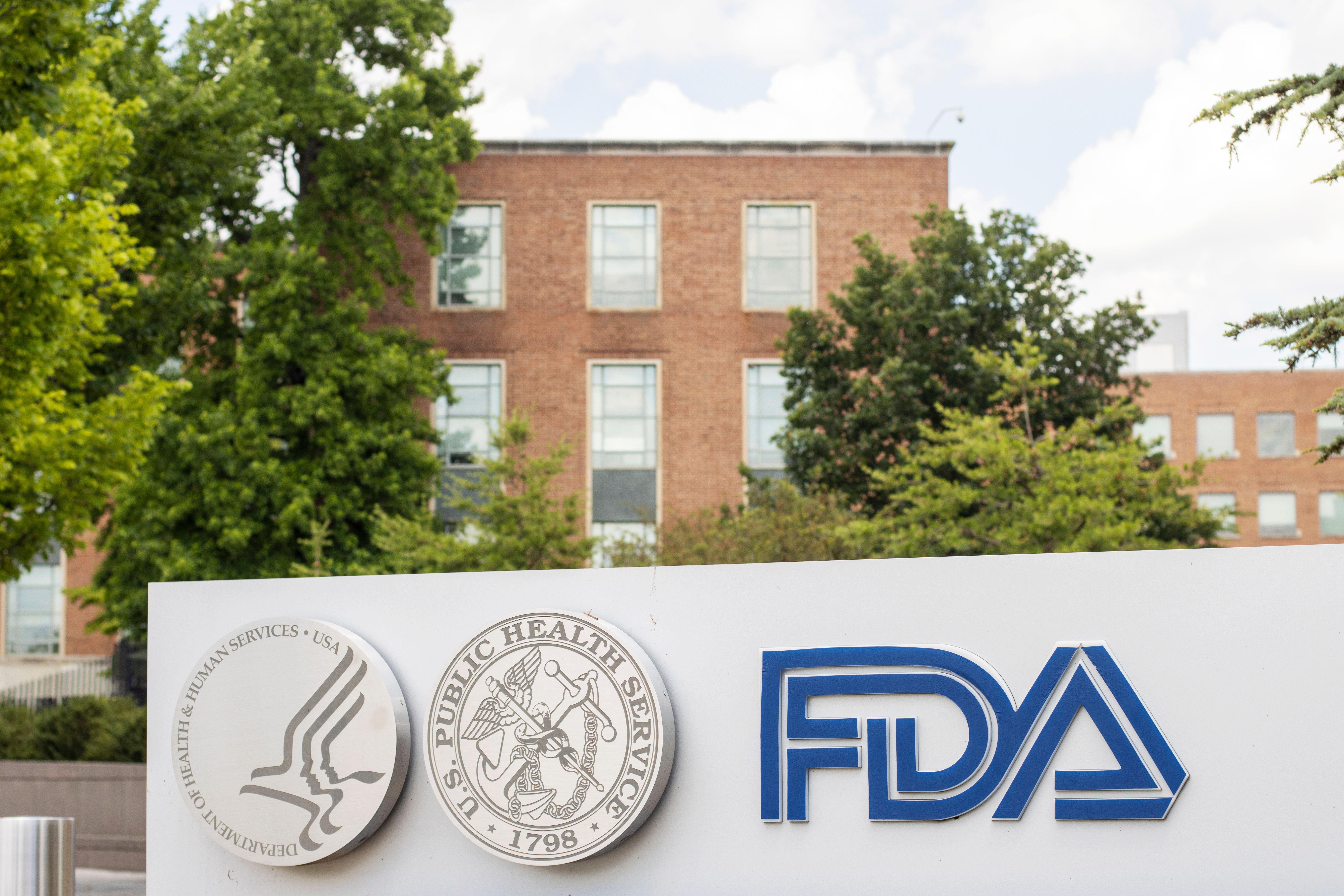- Acne
- Actinic Keratosis
- Aesthetics
- Alopecia
- Atopic Dermatitis
- Buy-and-Bill
- COVID-19
- Case-Based Roundtable
- Chronic Hand Eczema
- Chronic Spontaneous Urticaria
- Drug Watch
- Eczema
- General Dermatology
- Hidradenitis Suppurativa
- Melasma
- NP and PA
- Pediatric Dermatology
- Pigmentary Disorders
- Practice Management
- Precision Medicine and Biologics
- Prurigo Nodularis
- Psoriasis
- Psoriatic Arthritis
- Rare Disease
- Rosacea
- Skin Cancer
- Vitiligo
- Wound Care
Article
New certification guidelines spur debate
Like the pre-change certification process, the new one is not mandatory, though the lion's share of reputable medical facilities and healthcare organizations have required board certification, and most physicians have willingly complied.

These changes are coming about after decades of discussion and are basically twofold.
The basics
Second, all member boards have agreed on an expanded recertification process that eventually will shift to a more frequent and continuous structure of competence assessment.
Like the pre-change certification process, the new one is not mandatory, though the lion's share of reputable medical facilities and healthcare organizations have required board certification, and most physicians have willingly complied - and both scenarios are likely to continue under the time-limited certifications.
According to a spokesman for the American Medical Association (AMA), public accountability is driving the effort and discussions that have resulted in the revised certification guidelines.

"It's our view that continuing medical education (CME) courses will now be much more specialty-specific, and should get more personalized."
But will they? Are these changes necessary?
The pros
"Do you need to renew your driver's license? Is that necessary? Obviously the answer is 'yes,'" says Stephen B. Webster, M.D., associate executive director of the American Board of Dermatology.
"Time-limited certification gives the public and payors a chance to see evidence that physicians are doing what we always have done, namely keeping up with developments in our profession of medicine. We do this continuing medical education as part of our professionalism, so the limited certification and maintenance of certification programs allow us to show we are indeed current in our knowledge."
The time-limited certificates are connected with maintenance of certification programs, which include verification of credentials, a certain number of continuing medical education hours and self-assessment exercises, a cognitive exam and a personally conducted quality-assessment and quality-improvement program, he explains.
Dr. Webster adds that the new certification guidelines will benefit all dermatologists by establishing a regular program to help them keep up with "the rapidly changing developments in our specialty."

"The recertification process is a good way to keep all of us up-to-date on new technology, procedures and medical breakthroughs," he says.
He notes, however, that "There is a downside to more continuous recertification courses, because now it will take up more of our time, but the benefits are worth it because it can only lead to better care, as doctors will be better prepared to treat their patients."
Dr. Webster says the concern about the additional time that will be required of time-strapped physicians is a valid one.
Newsletter
Like what you’re reading? Subscribe to Dermatology Times for weekly updates on therapies, innovations, and real-world practice tips.











